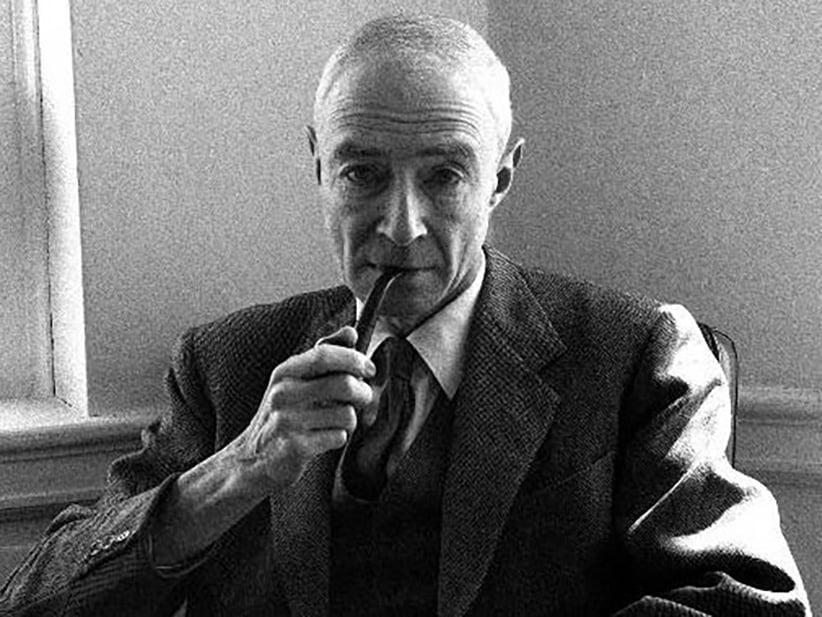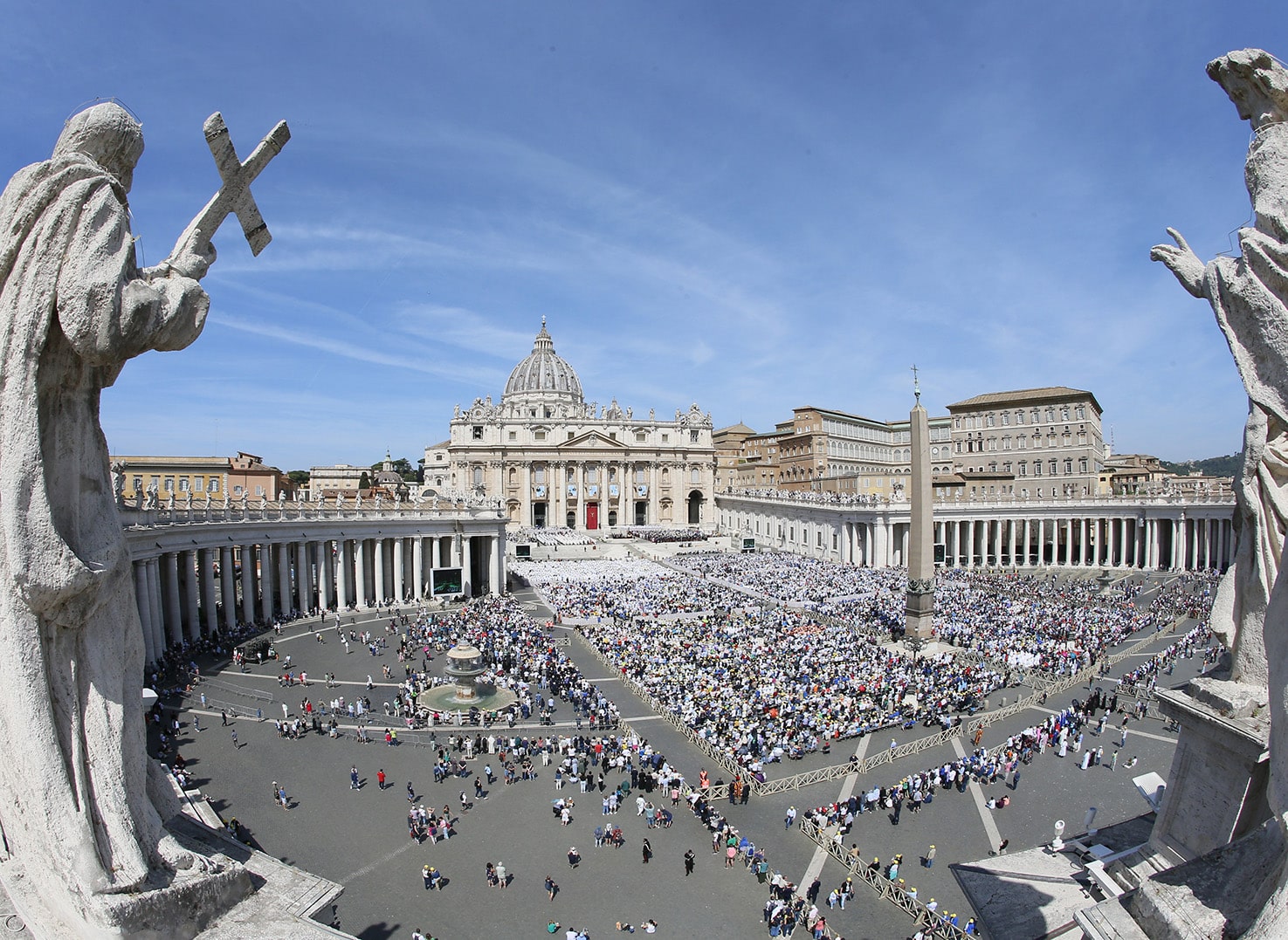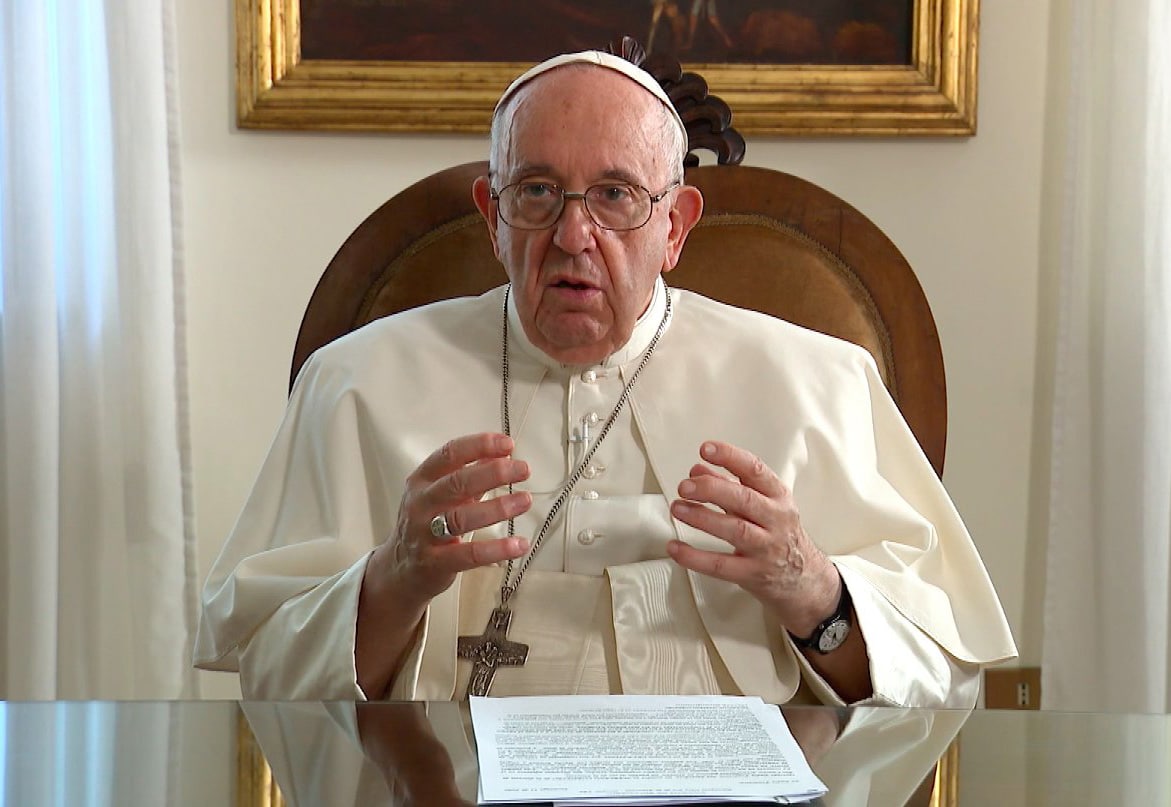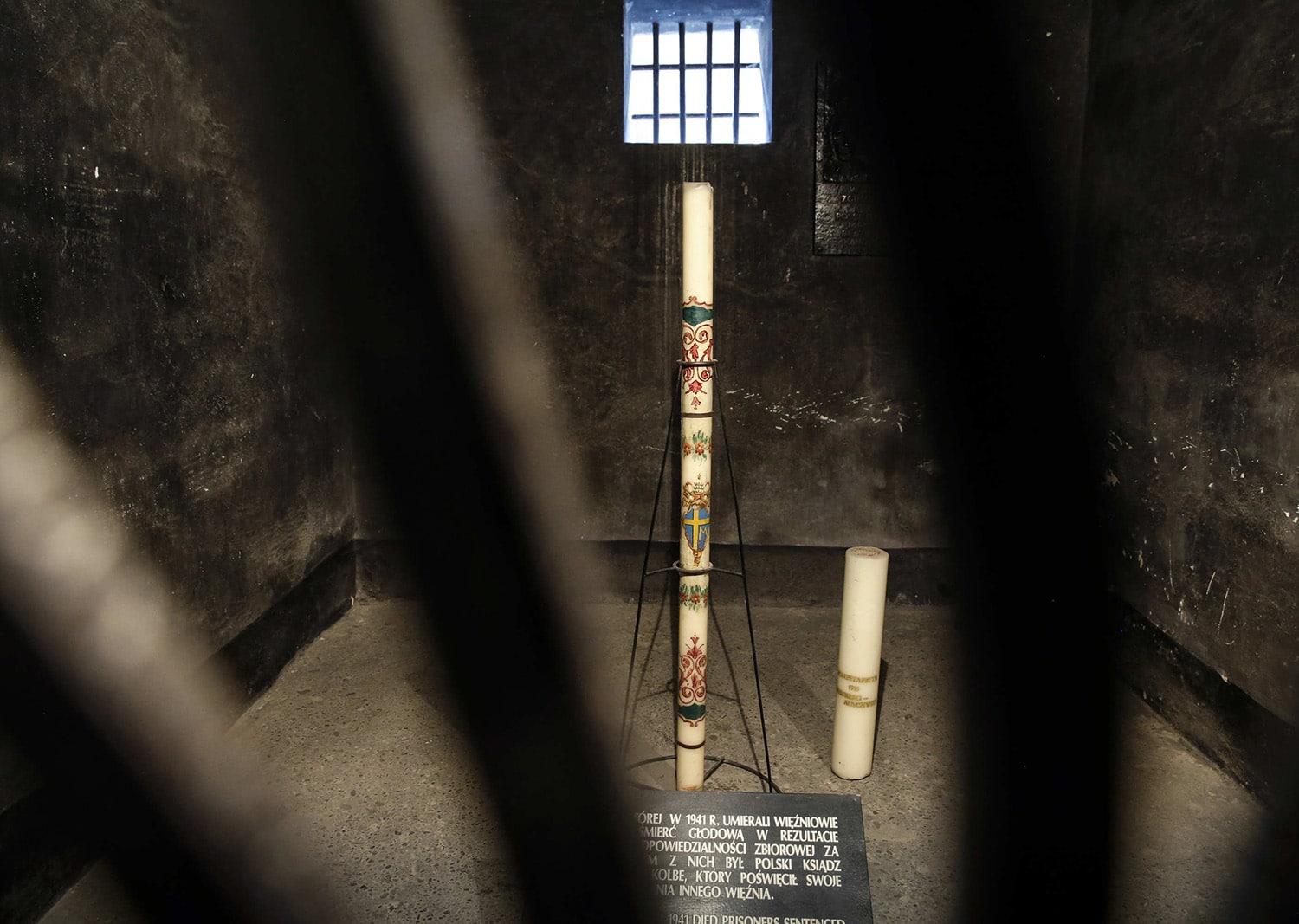A movie is being shown in theaters across the country and drawing much attention: “Oppenheimer.”
It is about J. Robert Oppenheimer, a brilliant scientist who was key in the development of the atomic bomb. (He died in 1967.)
The atomic bomb was a weapon with an indescribable capacity for destruction. During World War II, Germany and the United States were in a race to build the first atomic bomb. This country won the race. Had Germany won the race, likely today Boston, New York, Philadelphia, Washington and maybe Pittsburgh, Detroit and Cleveland would be memories, holes in the ground.
President Harry S. Truman was in office. After learning that American scientists, led by Oppenheimer, had produced this bomb, Truman, commander-in-chief of the military, debated using it.
He chose to drop the bombs on the Japanese cities of Hiroshima and Nagasaki. The destruction, including loss of human life, was so immense that Japan surrendered.
Truman, until his death in 1972, stubbornly maintained that his decision to use the bomb in the war with Japan was morally justifiable.
Truman’s moral code
Harry Truman was reared a staunch Baptist, with that religion’s strict code of morality in his blood. Trust in divine Revelation as the only moral compass was firmly fixed in his organization of values. Unlike many presidents, before, and after him, his personal life was impeccable. He was loyal to his wife. He scorned racial and religious bigotry. He prized honesty.
While tests provided good hints, not even the scientists knew precisely what would happen when the bombs fell, but they knew, without any doubt, that devastation would be massive.
Japan was gasping for survival. Some thought Japan’s defeat in the war was certain, but others did not know how far Japan would go to avoid surrender and its consequences. Truman decided that the bomb would end the war, regardless, saving the lives of untold numbers of Americans and Japanese.
He made the decision about the bombs carefully. Interestingly, after the bombs fell, few, including Catholic experts in morality and ethics, asked questions about the bomb’s morality, but as years passed, many people have analyzed Truman’s decision in the bright glare of hindsight.
Evil is not to be permitted
This is fundamental. Some actions are too evil ever to be permitted. Take all deadly weapons as an example. Nothing justifies the wholesale, or reckless, slaughter of human life, certainly not innocent human life. “Shoot first and then ask questions” cannot be tolerated.
Nothing makes abortion right, not even an “unwanted,” “inconvenient,” or medically problematic pregnancy. One person “loves” another. This does not make adultery, intimacy outside marriage, or private relationships between persons of the same gender moral.
Abusing a child or anyone helpless is never right. Killing of entire populations cries to heaven, such as genocides.
Acts may be burdensome or expensive, but polluting the environment is not therefore permissible.
People may not earn a living for themselves, but this does not excuse ending assistance for them by public authorities or even by private individuals.
Criminals commit terrifying crimes. Their crimes do not remove from them their human dignity nor the obligation of society and of citizens to treat criminals humanely.
What is moral or not
Few Americans alive today remember Hiroshima or Nagasaki. Until this movie appeared, rare was the American who ever heard of J. Robert Oppenheimer. Still, in many instances, discussions about “Oppenheimer” can be helpful, bringing people to think about what, and why, are certain choices moral or not.
J. Robert Oppenheimer had doubts about using the bombs. Not a religious man, something inside him told him that dropping the bombs was wrong. It might be surmised that Harry Truman tried hard to convince himself, as much as others, that he was right about using the bombs. He surely struggled with his decision.
What is the lesson? Upholding basic moral standards without compromise or cutting corners brings peace to the soul, but it may be hard.







